How to Recycle Pill Bottles
Published Feb. 12 2021, 4:37 p.m. ET
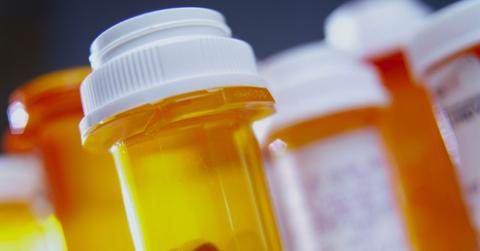
4.38 billion retail prescriptions were filled in the U.S. in 2019, according to Statista. Now, imagine if all of those 4.38 billion pill bottles were recycled — they weren’t, presumably, but just imagine it. The bottles used to fill these prescriptions are generally made of plastic, which is at least partially recyclable. Nevertheless, most people don’t know how to recycle pill bottles or that they can even be recycled in the first place. Luckily, we are here to remedy that!
READ NEXT: How Corporate Greenwashing Is Holding Earth Day Back
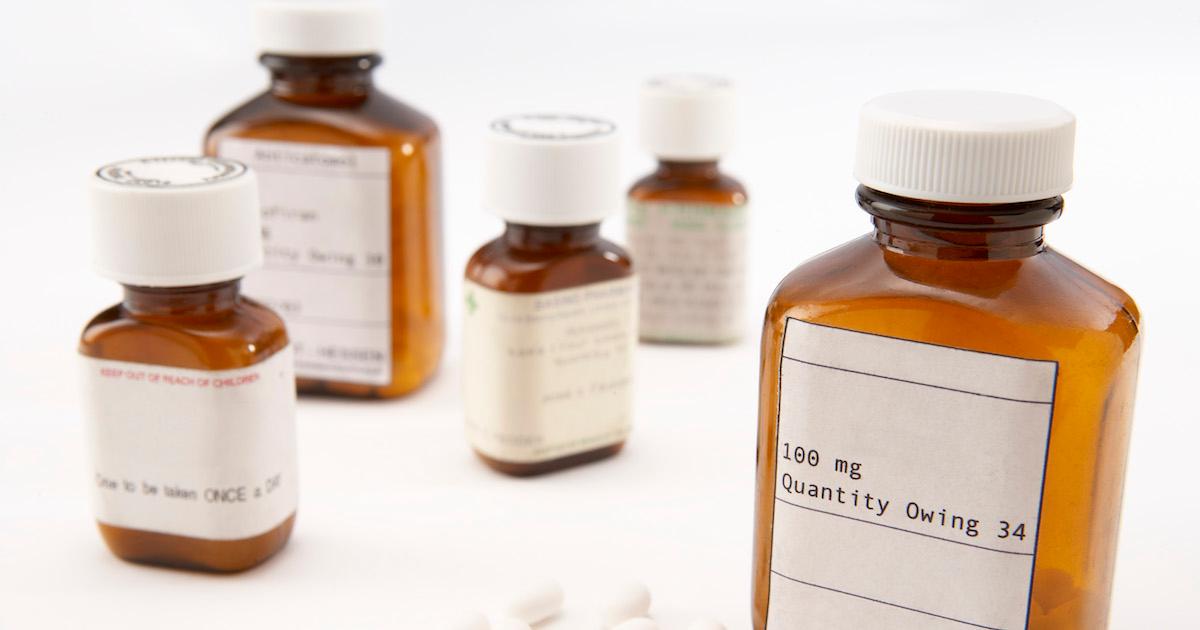
Are pill bottles recyclable?
Pill bottles are indeed recyclable, so long as certain conditions are met before putting them in your curbside recycling bin. It must also be noted that not all municipalities take pill bottles as part of plastic recycling. A good rule of thumb is to call your town's sanitation department to ask if they take them. You can also clarify if they accept them through curbside pickup or dropoff.
According to SingleCare, the most common prescription medication bottles are made from No. 5 plastic or polypropylene, which is considered recyclable plastic. Others may be molded from different plastics, though most of these plastics are accepted by municipal recycling programs. Still, it doesn't hurt to check with your municipality first, just to see if they take that number through curbside recycling.
How to recycle pill bottles:
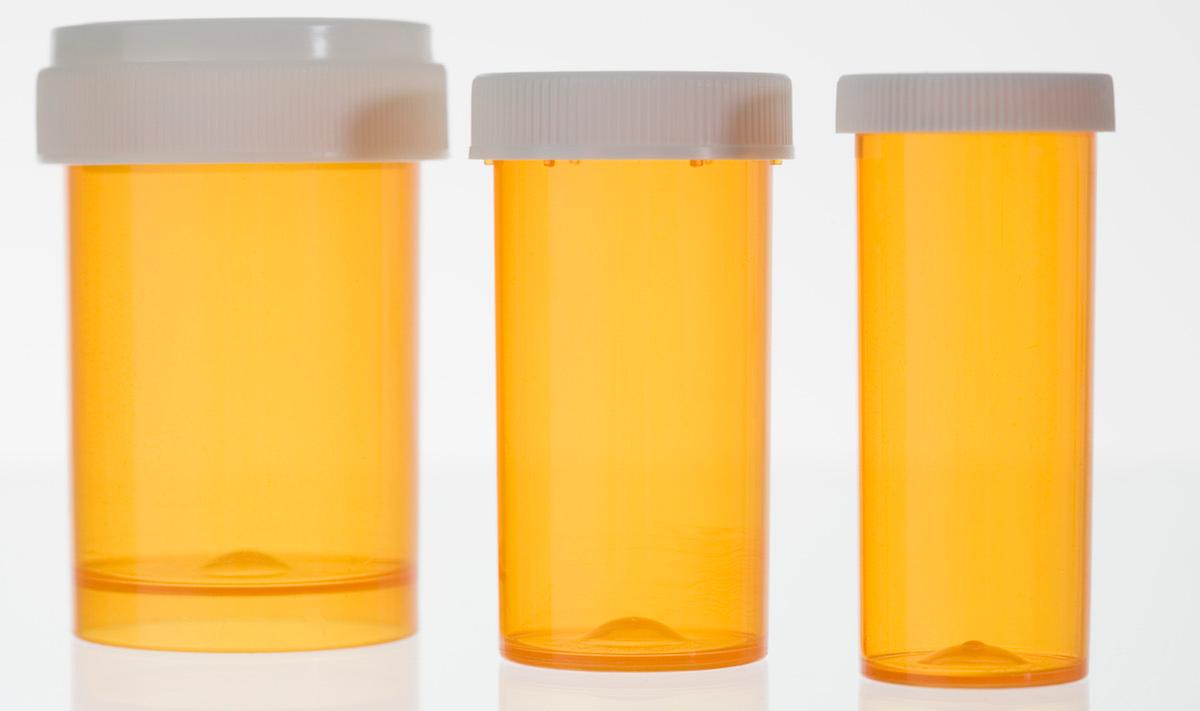
According to the FDA, old medication should not be flushed down the toilet or dumped down the drain, unless it appears on the FDA flush list. This is due to some concerns that surface medications have been found on surface water. Instead, the FDA recommendation is that they be thrown in the household trash.
Again, the FDA indicates that most medications can be thrown away and mixed up in garbage without causing any environmental damage. If you’re not comfortable throwing your old meds in the trash though, especially if they are controlled substances, you could contact your pharmacy. Many pharmacies have drug reconciliation programs for unused or expired medications.
Once the pill bottle is completely empty, peel off or block out the label in some way. Peeling it off is better because it ensures that no excess paper is going to end up in the recycling mechanism when the plastic arrives at the recycling plant. Also, we recommend checking your municipality's website regarding whether or not bottle caps are recyclable near you. Some municipalities prefer bottle caps be left on, others prefer you throw the caps in the bin separate from the bottles, and others ask that you throw bottle caps in the trash before recycling bottles.
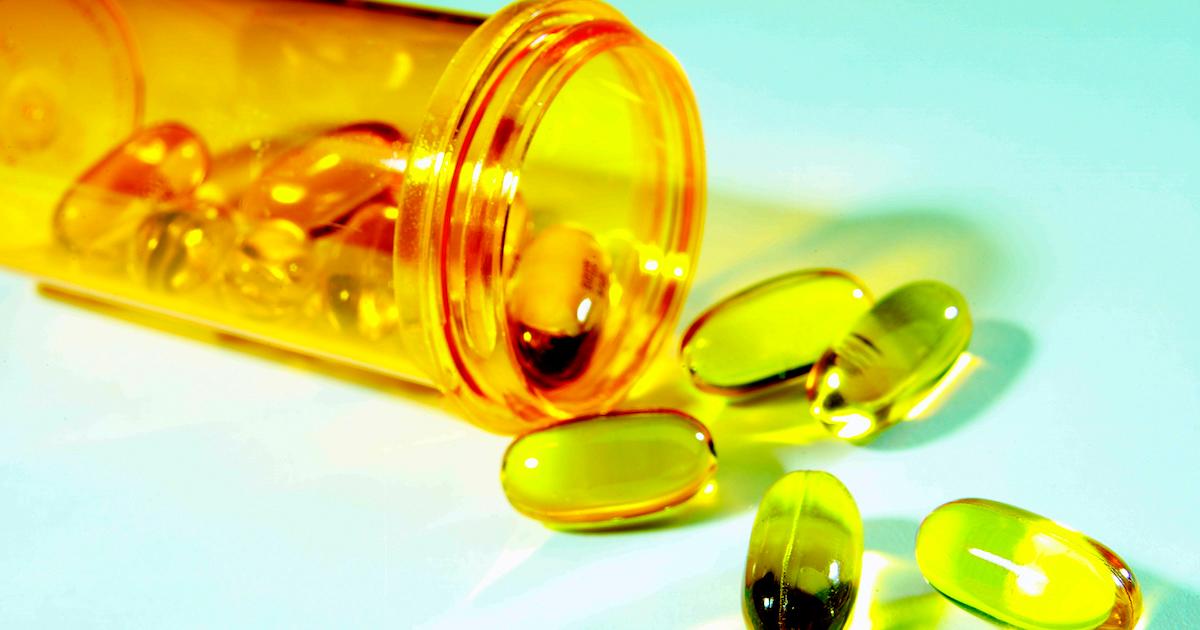
Where can I recycle pill bottles?
There are a number of different organizations that accept old pill bottles. If you have already contacted your pharmacy about medication reconciliation, you may want to ask if they take back pill bottles as well. That way, you can kill two birds with one stone. Of course, you could donate them as well.
Cincinnati-based Matthew 25: Ministries is an international humanitarian aid and disaster relief organization. The organization accepts donations of plastic pill bottles, which it then repurpose and send out to help those in need. According to the website, Matthew 25: Ministries accept prescription and over-the-counter pill bottles, as well as large and small pill bottles. It also accepts pill bottles with and without child-resistant caps.
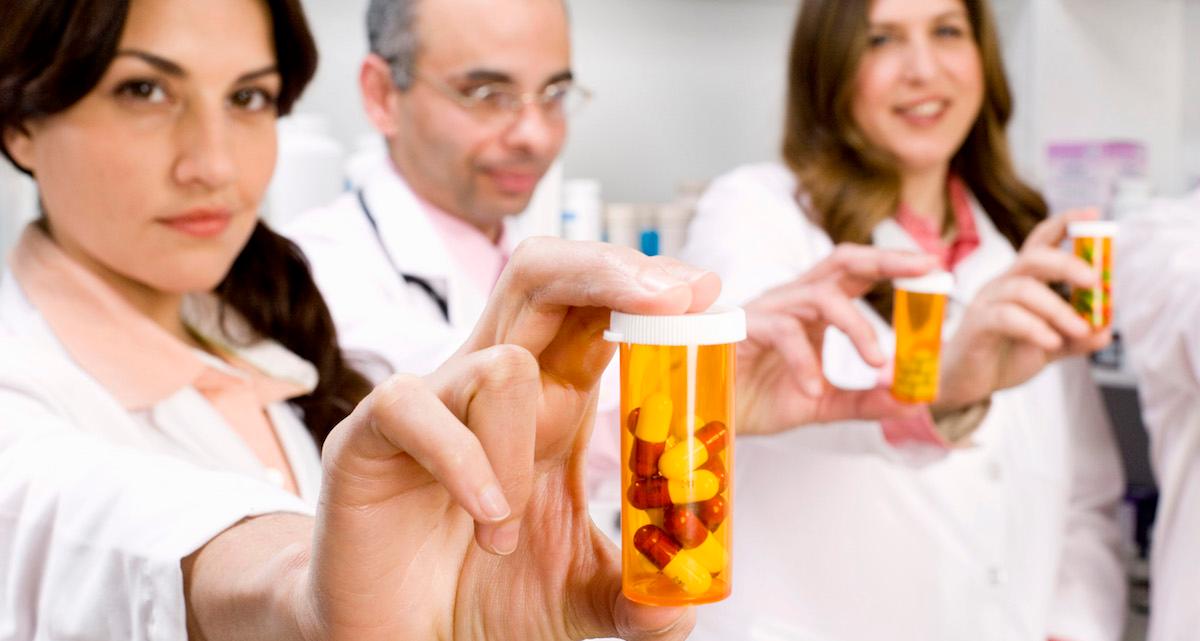
Can I use old pill bottles for crafts or anything else?
As long as you wash them out, you can use them for whatever you want! My Nonno uses them to collect and store vegetable seeds from season to season. One of my aunts uses them to keep spices fresh. When I was a kid, my parents used to let us use them to play pretend or hold our Pogs or marbles. Honestly, the only limit is your imagination.